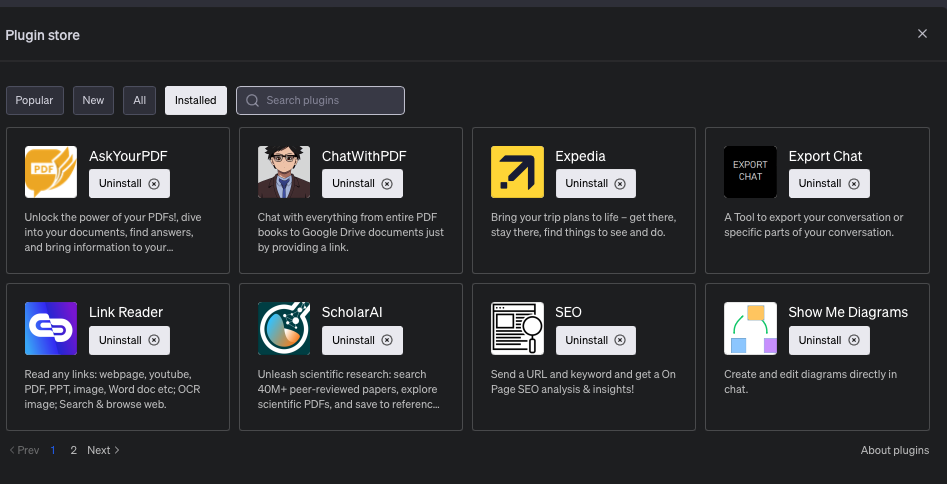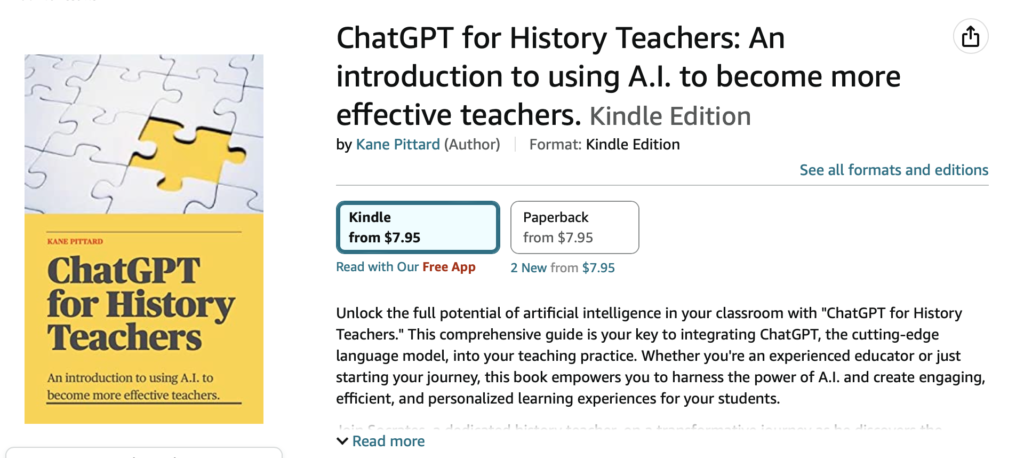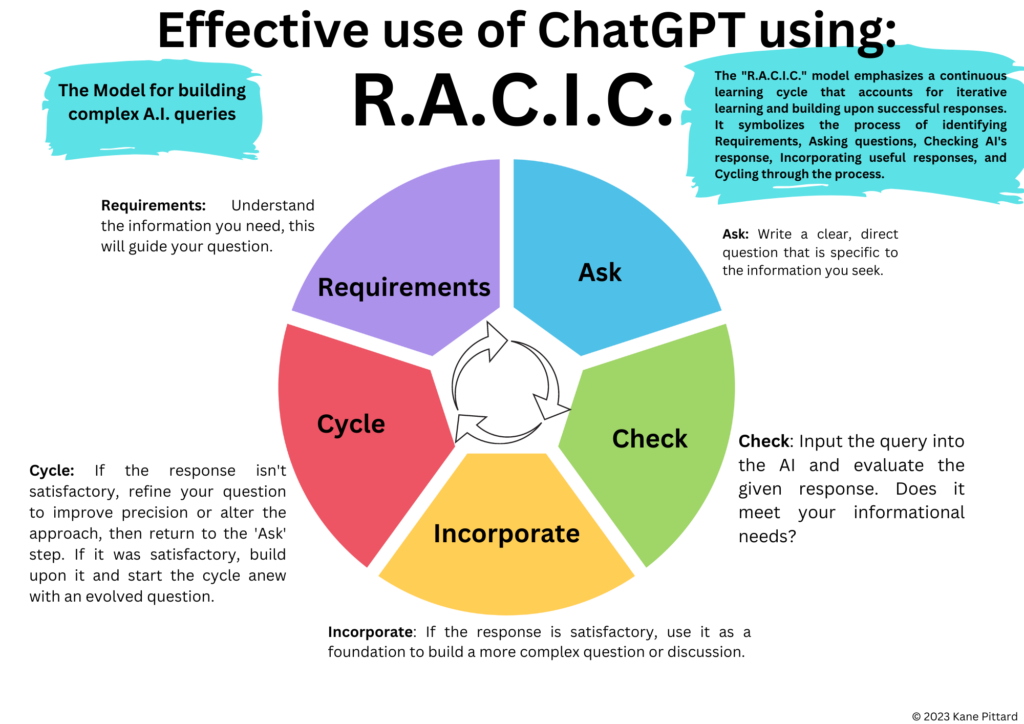
In the rapidly evolving digital world, computational thinking has become a crucial skill for the younger generation. A recent study by Guo-Ming Cheng and Chia-Pin Chen, titled “Processing Analysis of Swift Playgrounds in a Children’s Computational Thinking Course to Learn Programming,” delves into the effectiveness of Swift Playgrounds in teaching computational thinking to children. Despite some limitations, the study highlights the positive impact of Swift Playgrounds when integrated into the ‘Everyone Can Code’ program.
Swift Playgrounds, an innovative app developed by Apple, offers an engaging and accessible way to teach children the basics of programming. According to the study, the Swift Playgrounds app can help students grasp the fundamental concepts of Swift, such as functions, loops, variables, parameters, and arrays (Cheng & Chen, 2018). The app’s strong multitouch function allows for a more interactive and immersive learning experience, as learners can “interact with the game’s role for programming and further learn the basic and solid grammar components of Swift” (Cheng & Chen, 2018).
Moreover, the study indicates that Swift Playgrounds helps develop logical thinking and reasoning capabilities in students. After participating in the six-session Swift Playgrounds course, most teachers involved in the study considered the app effective in training students’ logical thinking and reasoning abilities (Cheng & Chen, 2018). This aligns with the ‘Everyone Can Code’ program’s goal of fostering computational thinking among students.
However, the study also points out some challenges, such as the difficulty levels of certain tasks within the app. It suggests that the curriculum should be explained in more detail or the schedule extended to accommodate most students (Cheng & Chen, 2018). Additionally, the fact that Swift Playgrounds is exclusively available on iPads may limit its accessibility to a wider audience.
Despite these limitations, the study by Cheng and Chen demonstrates the potential of Swift Playgrounds in teaching computational thinking effectively. When integrated into the ‘Everyone Can Code’ program, Swift Playgrounds can serve as a valuable tool to prepare students for the digital age and empower them with the critical skills necessary for future success.
Reference: Cheng, G. M., & Chen, C. P. (2018). Processing Analysis of Swift Playgrounds in a Children’s Computational Thinking Course to Learn Programming.



